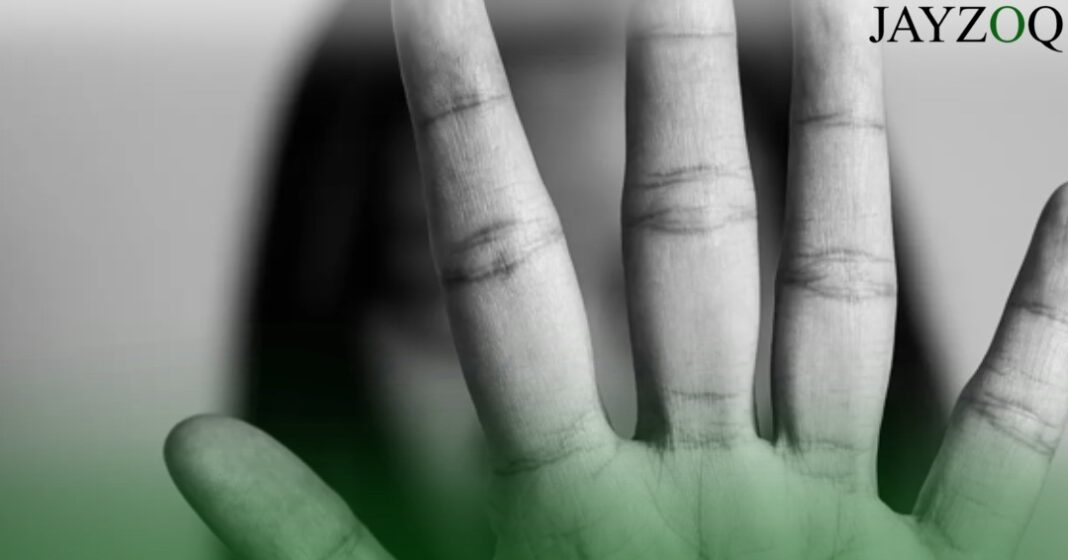Under this new piece of legislation, domestic violence is not limited to physical abuse only— a take-off from the previous definition that for the most part, covered beatings.
The bill states that now domestic violence shall include all acts of physical, emotional, sexual, psychological and economic abuse committed by a respondent against women, children, the weak, or any other individual. It proposes severe corrective measures against all types of domestic abuse and states that any domestic violence act will be culpable with detainment of a maximum period of three years and at least six months. In addition, fines ranging from Rs 20,000 to Rs 1,00,000 can be enforced on the culprit.
The bill aims to secure women, children, the elderly and other weak individuals from the torture of domestic violence and looks to offer rehabilitation and relief to each and every victim who has suffered from it. This bill not only ensures trial and punishment to the perpetrators of domestic violence, yet in addition guarantees relief, recovery and legal protection to the victims. It has been made at the provincial level aside from Khyber Pakhtunkhwa.
The domestic abuse bill was moved in the National Assembly by Human Rights Minister Dr. Shireen Mazari on April 19 this year and passed in the lower house on the very same day. After its passage in the Senate (the upper house), the bill pulled in serious controversy among many, including parliamentarians, political figures, including, Senator Mushtaq Ahmad, Jamaat-i-Islami (JI) Amir Sirajul Haq and Jamiat Ulema-e Islam of Fazal-ur-Rehman (JUI-F), Senator Atta-ur-Rehman, religious scholars, researchers and opinion-makers, who pointed objections and called it profoundly unacceptable.
In the letter dated July 5, 2021, Adviser to the Prime Minister on Parliamentary Affairs Babar Awan has proclaimed that the bill was referred back to the Lower House of Parliament after the Senate recommended corrections to the proposed law. He has written a letter to National Assembly Speaker Asad Qaiser, asking a review of the Domestic Violence (Prevention and Protection) Bill, 2021, by the Council of Islamic Ideology (CII) — a constitutional structure that exhorts the legislature on whether or not a specific law is contrary to the injunctions of Islam.
A variety of reactions were observed from the public on the domestic violence bill 2021; some people supported it and credited it to be a huge need of our society and believed that the bill is desperately needed for the protection of women and children in our country. On the other hand, a portion of people misinterpreted the bill as they portrayed their disagreement through the use of strong words. They supposed that the bill is against religious and moral values and thus should not be passed.
A majority of the citizens raised their voices in support as they appreciated the law makers for such a comprehensive bill against domestic violence. Moreover, they were satisfied with the scope of it and also suspected the ones who were against it. Furthermore, they argued that the bill would provide protection to the weak and innocent and is not against our cultural and religious values. In addition, there was also criticism of the reliability Council of Islamic Ideology (CII) in the matter of the domestic violence bill 2021. They pointed out that the council consists of 12 men, however, Article 228 requires at least one woman to be present on the Council; this made the credibility of CII questionable and many people rejected the move of the bill into the CII. They further criticised the objections made on the bill and highlighted that the objectors have failed in explaining their point of view about how the bill is against our religion, norms and values. They also failed to justify the ways in which the bill could destroy family systems and promote boyfriend/girlfriend culture. A huge number of domestic violence cases are being reported each in Pakistan. The supporters of the bill assert that it is a remarkable initiative and it was very much needed a long time ago.
On the other hand, several people condemned the bill for being an American solution for Pakistani problems. Majority of the objectors were religious scholars. Ansar Abbasi, an analyst and columnist took to his twitter account to oppose the bill using the hashtag “We_Reject_Domestic_Violence_Bill_2021”. He was criticized for such an unexpected reaction. The hashtag was used by other social media users as well. They argued that the bill is not in accordance with Shariah and religious values. Moreover, they perceived that the bill is a step towards westernization of the country and argued that it is not appropriate to involve a third party in family matters and it is better to resolve the issues under the roof. Furthermore, assumptions that it will affect the family system by weakening parents’ authority over children were made. They interpreted the bill as it will liberate women to do anything without the guardian’s consent and a husband not permitting her wife to go out will be harassment. They believed that the bill would create such a scenario that it would be even impossible to stop children from immoral activities. For them, the bill will destroy our Islamic and Pakistani family system as the parents will not be allowed to interfere in their child’s privacy. These were some of the major objections because of which the bill has not been passed yet.
No doubt Pakistan faces a large number of domestic violence cases annually. The bill was necessary for the protection of weak and innocent children and women. Keeping Article 228 in view, there must be at least one woman in the CII, however now the decision is in the hands of a council of 12 men. The objectors need a better understanding of the bill from some law experts than what the clauses really mean and the parliament also needs to review the bill in the context of Shariah if there is indeed anything against it.







